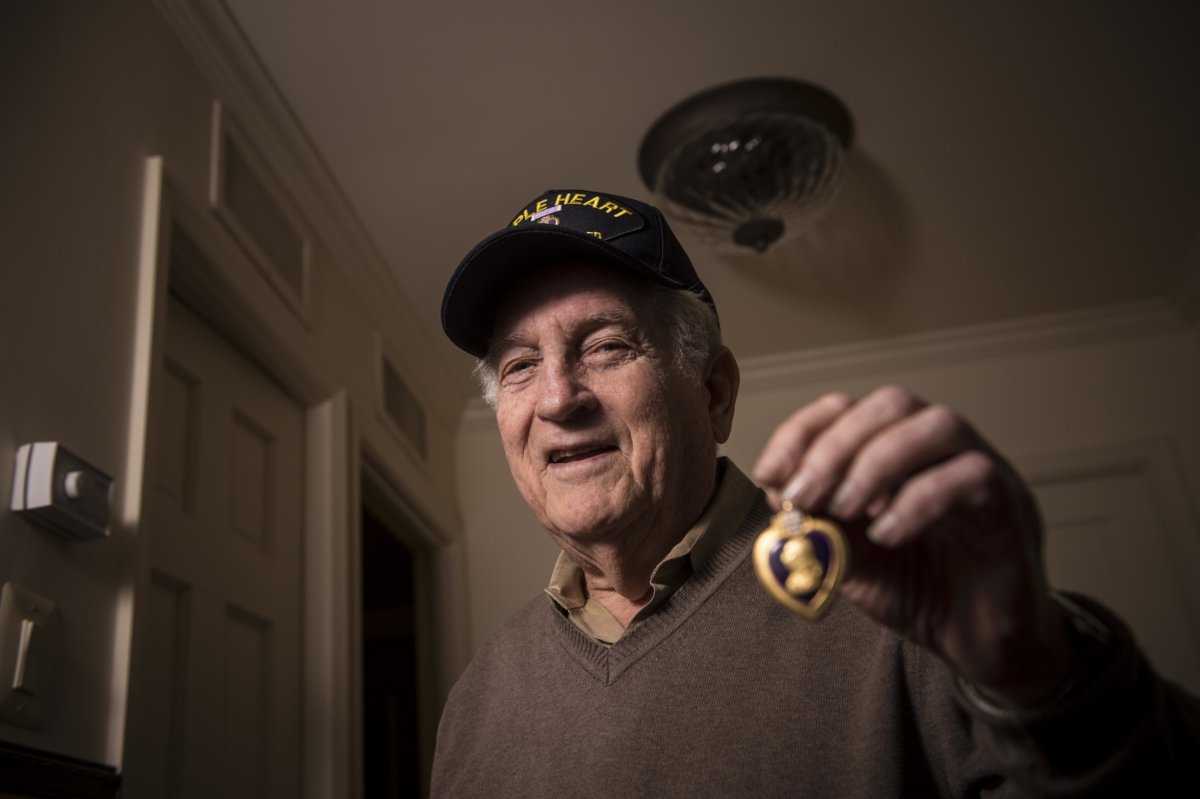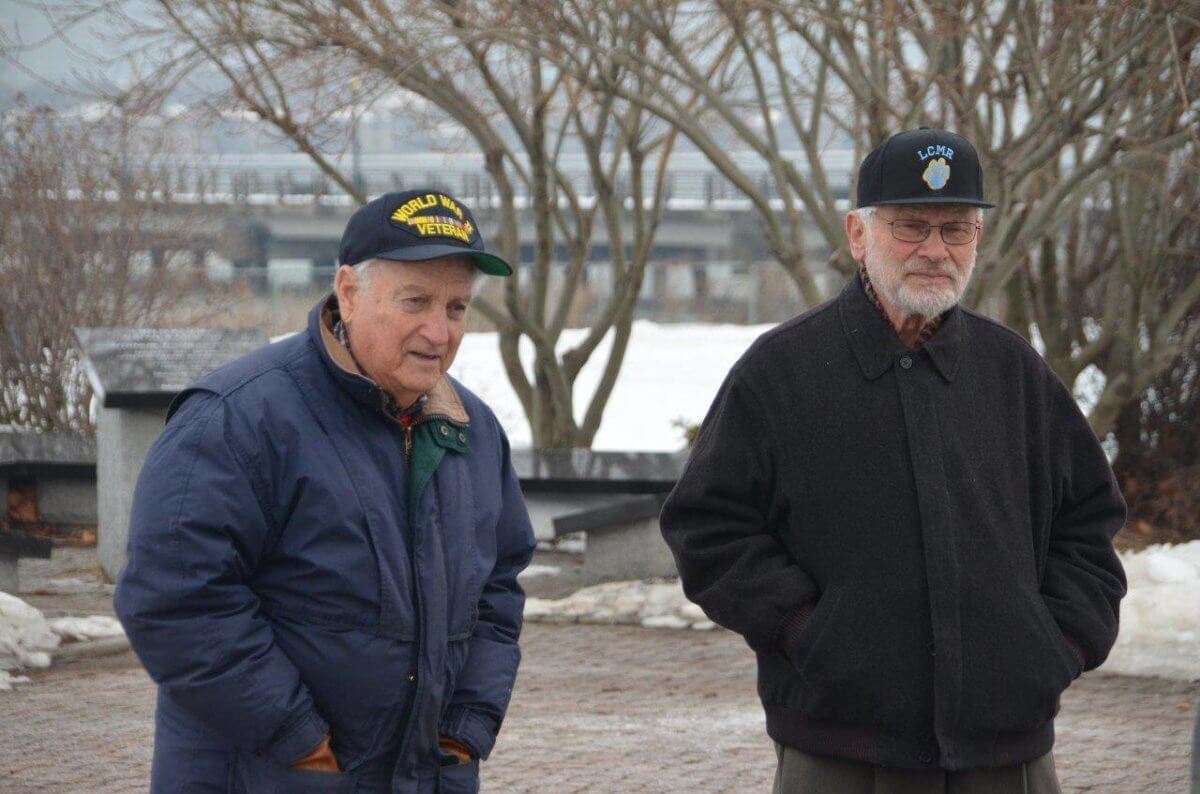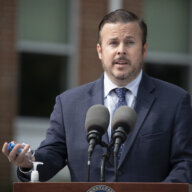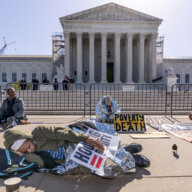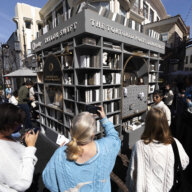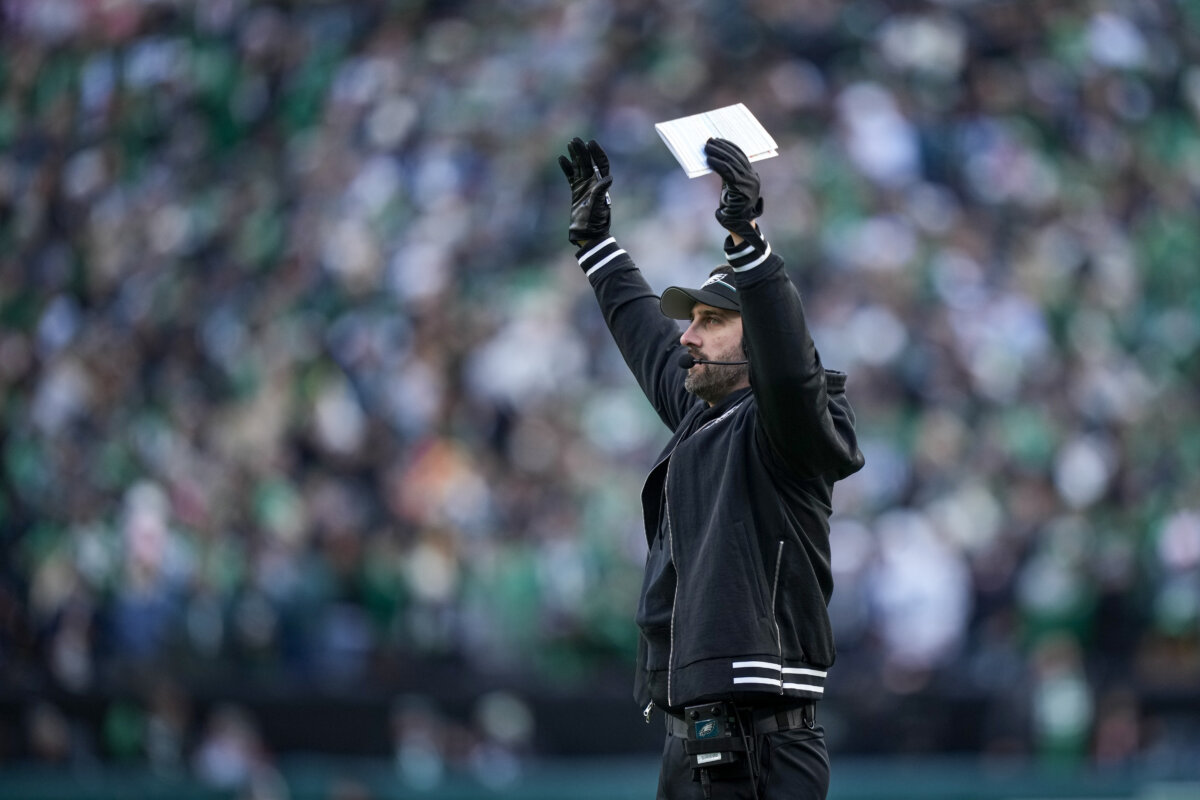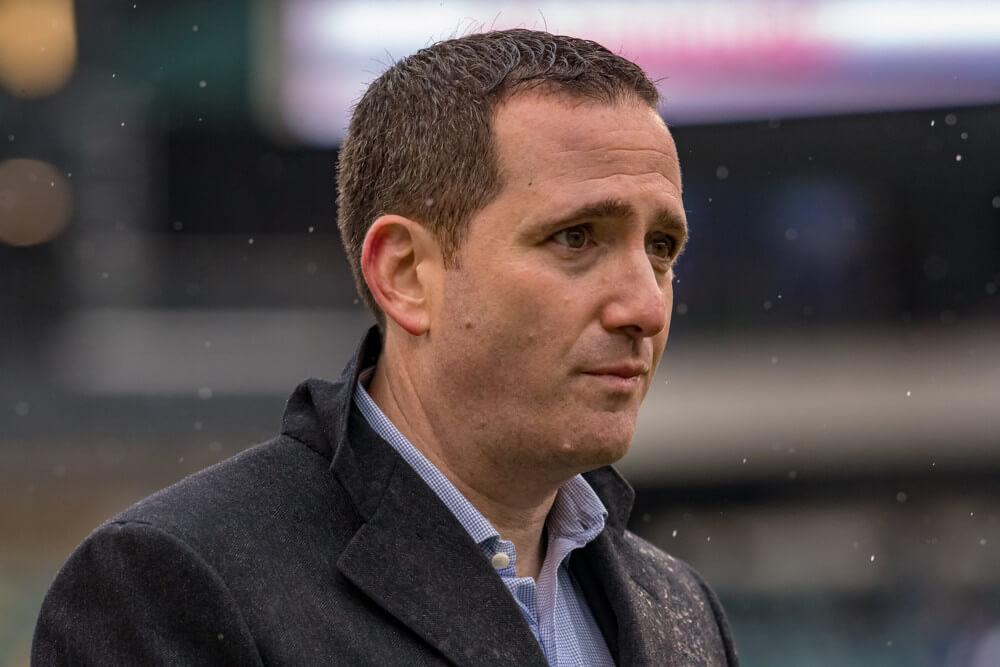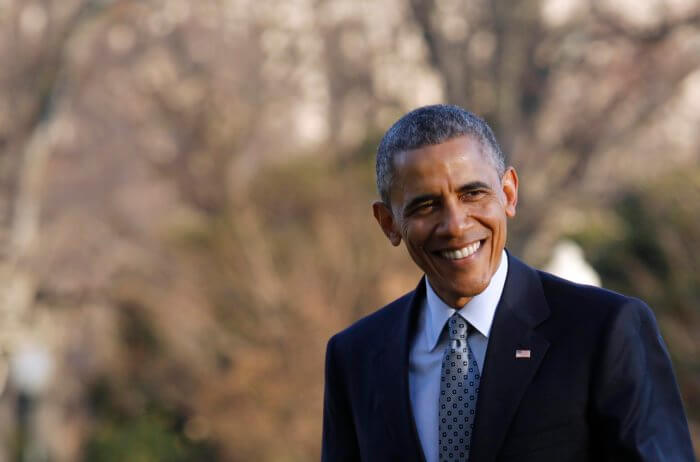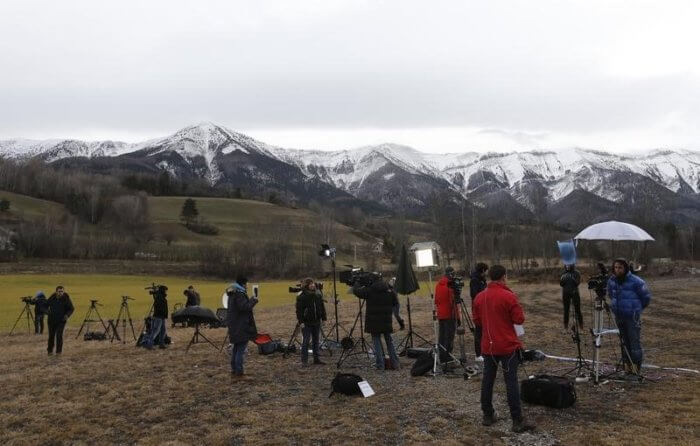On April 29, 1945, Ernest Gross was a Romanian Jew in the German concentration camp of Dachau. He was waiting in a line that led to the gas chamber when he saw guards at the camp throw down their weapons and flee. Allied forces had arrived. Among them was Don Greenbaum, an artillery soldier whose unit was attached the the 45th Infantry Division.
Next week, the pair of Philadelphia-area residents will fly to Germany to take part in the 70th Anniversary of the concentration camp’s liberation.
Greenbaum, 90, believed his unit was being sent to capture a German supply depot. What he saw remained with him for the rest of his life.
“I can’t visualize a guy going home at night, kiss his children, knowing that in the morning he will send an innocent person to his death. It was a job,” Greenbaum said.
They did not meet until about four years ago, when Grossnoticed a newspaper article about Greenbaum’s wartime experience. Gross contacted Greenbaum because he wanted to thank one of the soldiers he credited with saving his life. For the past few years, the pair have visited local schools and groups to talk about Dachau. Talking about what they have seen did not come naturally to either man.
For Gross, this trip will mark the second time he has returned to the death camp. His first wife was a Holocaust survivor who died 19 years after they were married. They never spoke of their wartime experiences. Her death left him with the feeling that he never really knew his spouse. When he remarried, he decided to tell his new wife everything.
“She said, “you will show me where you were standing when you were liberated.”
Greenbaum is motivated by what he sees as a rising tide of Holocaust denial.
“I’m 90 years old. In ten years there will be no one left to tell the story,” Greenbaum said. “Liberators and survivors need to tell the story.”
He still remembers the smell of the place. And of seeing rail cars stuffed with bodies. Those feelings give him a sense of anxiety over the visit.
“I know what’s going to happen to me,” Greenbaum said. “I’m going to be very uncomfortable.”
After the war, Greenbaum returned to the Philadelphia area. He still works in industrial sales.
Gross spent two years in a displaced person camp, until emigrating to America, where he learned to cut lox at a deli at 7th and Girard. He went on to own his own delicatessens.
Meeting each other has created a lasting friendship.
“He has a great sense of humor,” Greenbaum say of Gross. “He’s not mad at anybody. He keeps the people loose and laughing. He’s a fantastic guy.”
Gross tells something of a joke about why he is going back a second time.
“In 1944, a day after Passover, two Hungarian police came to the door. They told us you have to be in the synagogue in one hour,” Gross said. He was then taken to Auschwitz.
“Now, 70 years later, not only do they invite me to go there, but they pay for it.”
Dachau was the first concentration camp set up by Adolf Hitler after his rise to power in 1933. Originally established as a camp for communists and other political prisoners, its gates are marked with the slogan “Arbeit Macht Frei,” or “Work will set you free.” An estimated 41,000 people died there. About 30,000 were set free on April 29, about one-third of whom were sick.
Gross was 15 when he found himself first in Auschwitz. A man in line told him to lie about his age so that he could get a job at the camp, a tip that likely saved his life.
He spent a year in variouscamps, and was eventually transferred to a sub-camp ofDachau, where he remembers trying to eating grass that had just begun to peak above the soil in April, 1945.
He was, he said, unusually skinny and weak, when he was ordered onto a train headed to Dachau’s main camp. He remembers being ordered off the train when Allied bombers destroyed the rail line. He remembers walking to the concentration camp, where he found himself in a long line, likely about to be executed, when the camp was liberated.



